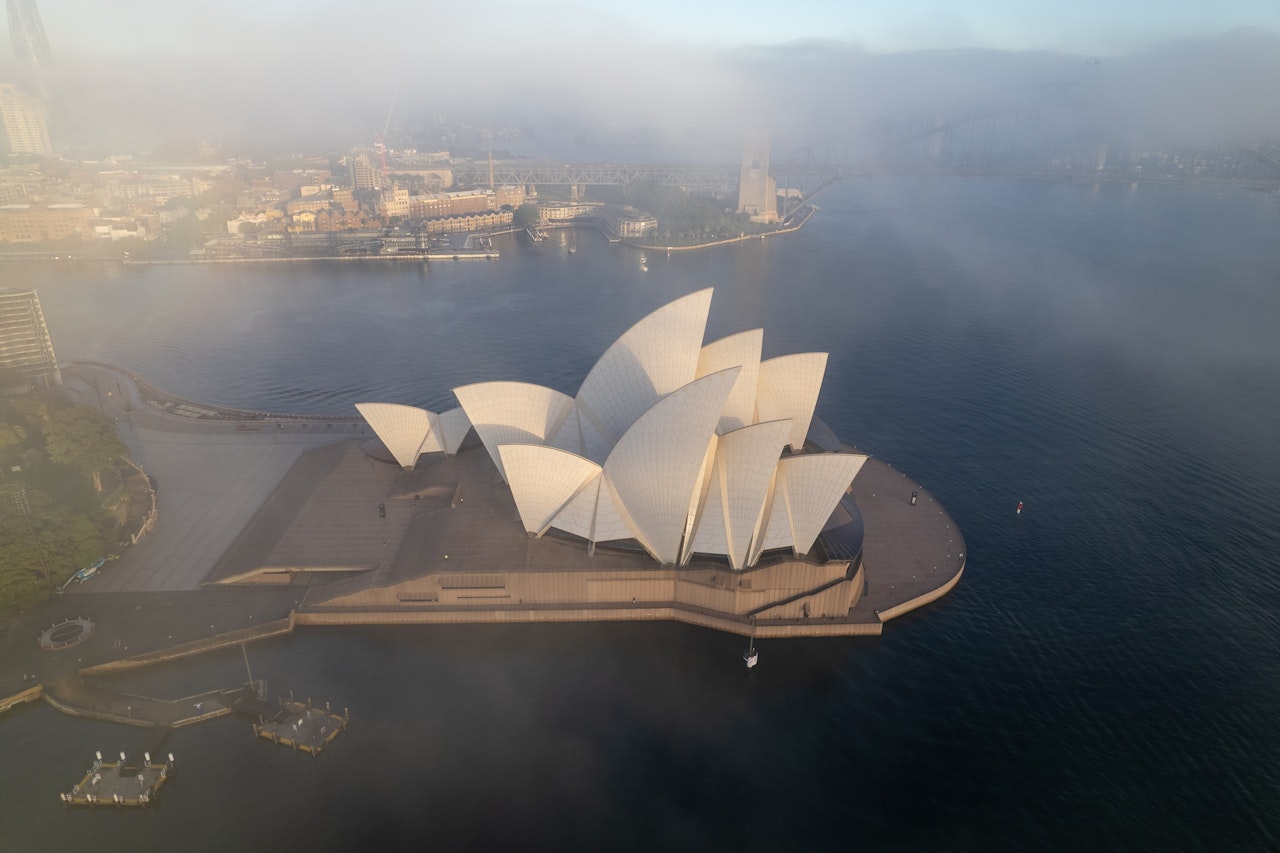Australia 2023
Energy Policy Review

About this report
The International Energy Agency (IEA) regularly conducts in-depth peer reviews of the energy policies of its member countries. This process supports energy policy development and encourages the exchange of international best practices and experiences to help drive secure and affordable clean energy transitions.
Since the IEA’s last review in 2018, Australia has significantly raised its climate ambitions, with the 2022 Climate Change Act doubling the target for emissions reductions by 2030 and setting the goal of reaching net zero emissions by 2050.
To match these increased ambitions, Australia is seeking to update its existing strategies, starting with the preparation of a new emissions reduction plan for 2050. Emission reductions and energy efficiency improvement rates need to double by 2030, and further steps will be required to achieve the government’s clean electricity target. Such efforts would support both climate and energy security goals.
To support its clean energy transition, Australia needs to strengthen its resilience to supply disruptions across all fuels, whether from climate change impacts or global energy price shocks. Flexibility, fuel availability and resilient infrastructure will become even more vital as Australia’s energy system incorporates very high shares of variable renewables and is likely to face more frequent and more extreme weather events. Gas market reforms can help ensure energy security during the transition.
In this report, the IEA provides energy policy recommendations to help Australia effectively manage the transformation of its energy sector in line with its goals.